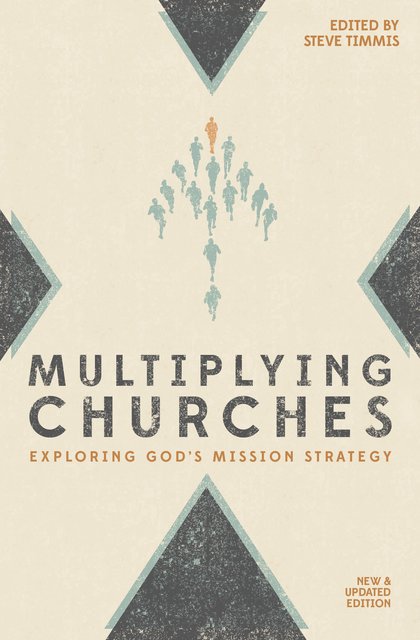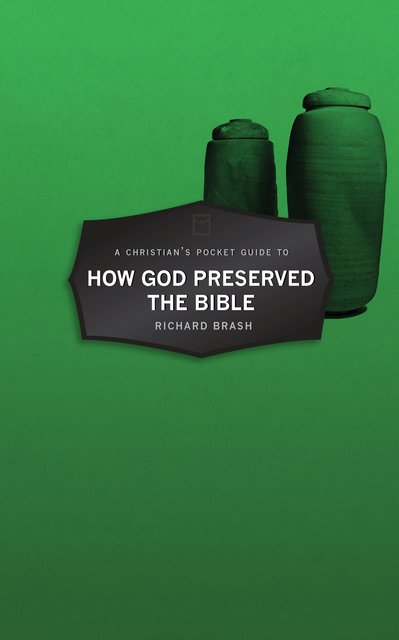Description
This new edition of the Christian classic includes an introduction from Sinclair Ferguson
From the introduction:
Thomas Boston never sought a prominent congregation or pulpit. He knew that, at the end of the day, the only thing that makes a pulpit lastingly prominent is the manner in which God’s word is preached from it in the power and presence of the Holy Spirit.
The Beauties of Boston is a book that has been treasured by many Christians in past generations. It is full of rich gospel truth and health–giving spiritual prescriptions. Part of its ‘beauty’ is that while a big book it is not really a long book, but a series of smaller and manageable passages that will – as The Marrow of Modern Divinity did for Boston himself – stimulate thought, enhance understanding of the gospel, point us to Christ, and strengthen both mind and spirit in the knowledge and service of God.
Thomas Boston was born at Duns in Berwickshire in 1676. After studying in Edinburgh, he was licensed to preach by the Presbytery of Duns and Chirnside in 1697. Shortly afterwards, he published his first book, A Soliloquy on The Art of Man–fishing, based on the words of Jesus in Matthew 4:19, ‘Follow me and I will make you fishers of men.’ In 1699, he became the minister of the small congregation in a village called Simprin, located quite close to his birthplace. He was there until 1707 when he became minister in Ettrick, and he would serve there until his death in 1732.
The collected writings of Boston are found in twelve volumes, and from them the selections in The Beauties of Boston were selected by the editor. Boston’s best–known book is Human Nature in Its Fourfold State. It was published in his lifetime, as were two others books by him: a Collection of Sermons and an edition of the Marrow of Modern Divinity which he annotated. After his death, several volumes of his writings were published, including his View of the Covenant of Works and of Grace, The Christian Life, A Body of Divinity, and The Crook in The Lot.

About Thomas Boston
Thomas Boston held a pastorate with a very small Congregation in Simprin, Scotland until 1707. He was an extremely popular preacher, though self–effacing – considering that he had but “small talents.” Many of his sermons came to be published after his death at the age of 57.



